Whenever I “bounce up” friends I have not seen for a considerable time, I have the same conversation.
Friend: “What you doing now?”
Me: “I’m a copywriter.”
Friend: “Eh?”
Me: “I write ads at an advertising agency.”
Friend: “Oh!”
Their response is one geared to appear to understand what I am talking about, however, I know that they do not fully comprehend the word “copywriter”, so I continue.
Me: “Copy is the words that I write. That’s why you have copybook.”
Friend: “Oooohhh!!!”
At this point, I quickly change the topic as I know I would not be able to explain any further anything more on the word “copy”. For all of us who had a primary school education, we know that “copy” is a verb, a doing word. The duncy head children would copy, or fudge, from the brighter children. Had that been the only meaning of the word, then “copybook” would be an instruction manual to cheat. Although some children in my standard three class operated as though it was, this is not the case. Copy is also a noun but what is the history of the word. I have often pondered and hoped that none of my friends questioned me on the word “copy”.
My mother always quipped, “What eh meet you eh pass you.” So I was always weary of the day when a friend would push the conversation further and stump me. Before this could happen, I decided to look up the history of the word. My search led me to the masters of lexicon themselves, the editors of Mirriam-Webster Inc., the dictionary people. Associate Editor Emily A. Brewster explained to me:
The sense of “copy” that refers to the object of your daily efforts comes from the Middle English word “copie,” which made its way to English (via Anglo-French) from Medieval Latin “copia,” itself from the Latin word “copia,” meaning “abundance.” This Latin word is also the source of the word “copious.”
“Copy” originally (in the late 14th century) meant “plenty, copiousness,” but very quickly developed the meaning given at sense 1 of the entry in the Merriam-Webster Online Dictionary: “an imitation, transcript, or reproduction of an original work (as a letter, a painting, a table, or a dress).”
That’s simple enough.
So now I am ready for anyone who wishes to carry the conversation any further. When that person asks, “What is a copywriter? Ent copy mean to reproduce something? What you reproducing?” I will hand them a printout of Ms. Brewster’s definition and make a hasty retreat.
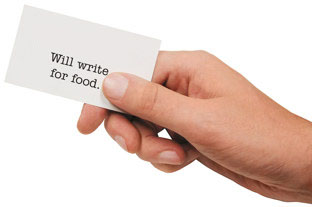

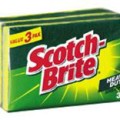

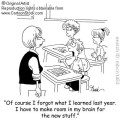


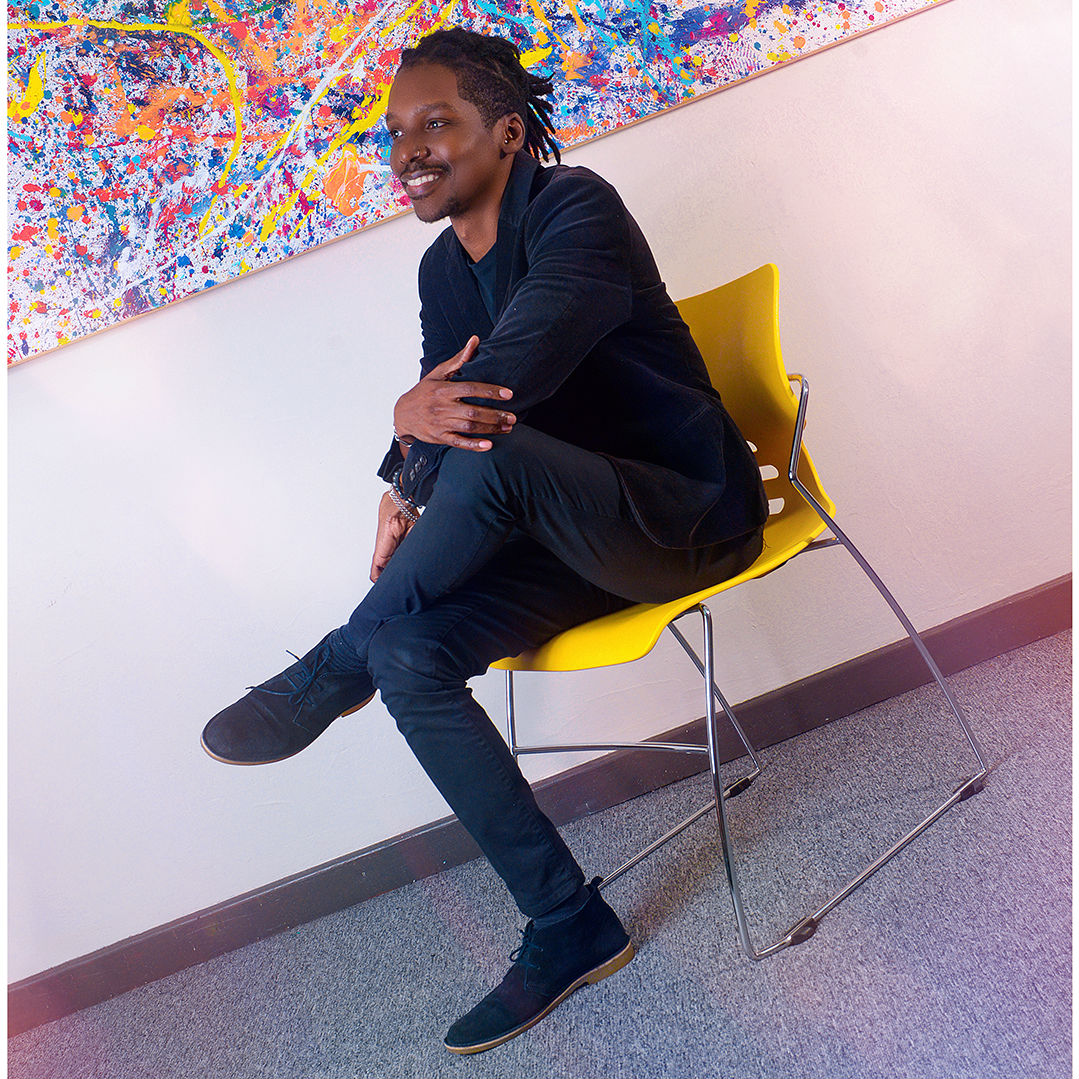


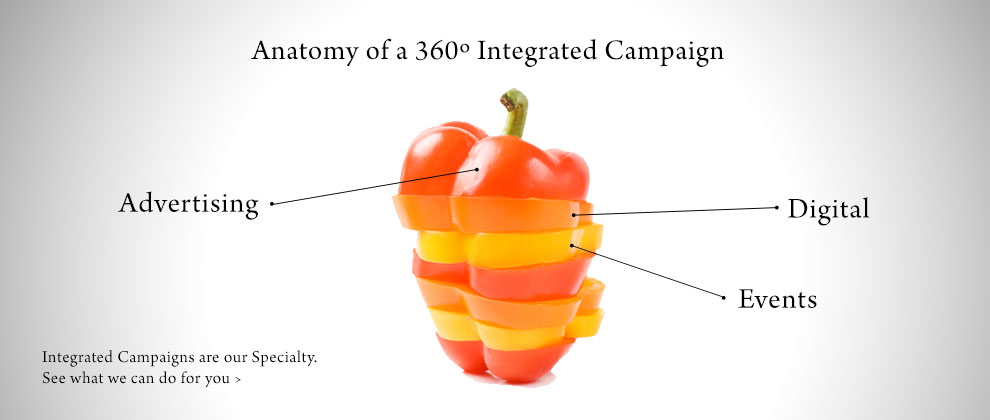

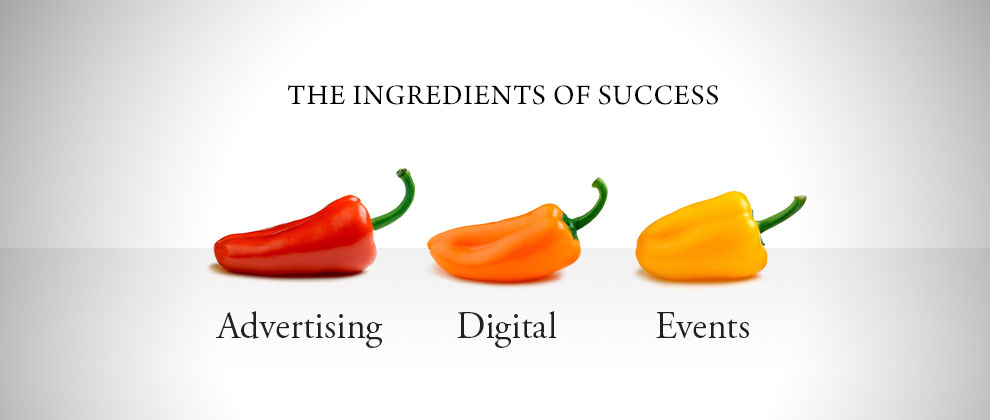

17 August, 2010, 10:11 am
So Eric, according to the 14th century definition, “short copy” would be an oxymoron? Very interesting piece, dr
17 August, 2010, 2:39 pm
whhheeee fut! look at him go!